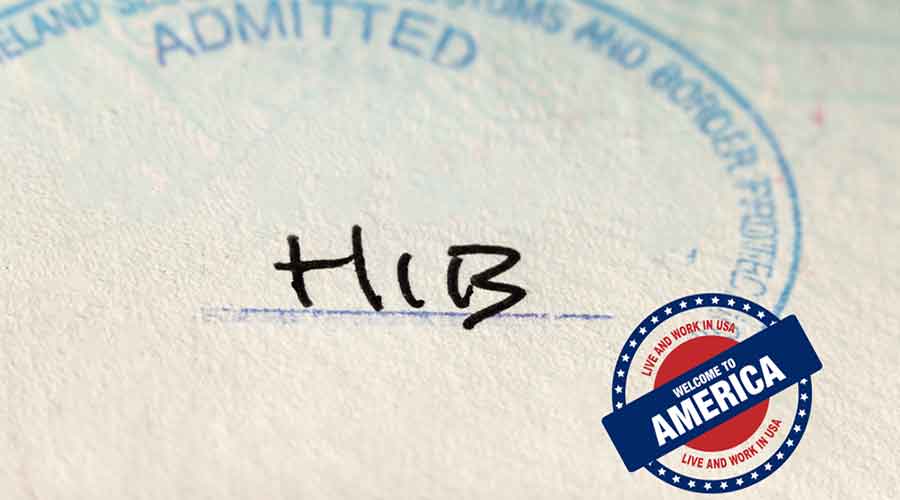A federal judge in the US has struck down two Donald Trump administration rules designed to drastically curtail the number of visas (H-1B) issued each year to skilled foreign workers. The ruling would provide a much needed relief to India’s IT sector.
These changes, introduced weeks before the US elections, included raising the minimum wage levels and tightening eligibility requirements.
The court has now ruled that the Trump administration had not justified the choice to skip key procedural steps and also pulled up the Department of Homeland Security and Department of Labour for flouting procedures.
US district judge Jeffrey S. White of the Northern District of California ruled that the changes were introduced in a hurry and did not abide by transparency obligations.
Information technology lobby Nasscom said in a statement that the court decision clearly recognises the importance of high-skill visa programmes to the United States and this will help the US businesses access talent critical to economic recovery in the post-Covid world.
Studies have suggested that the H-1B programme plays an essential role in helping US enterprises secure skill sets that they cannot find locally. Even during the height of the unemployment spike this year created by the pandemic, unemployment in IT remained extremely low — from 3 per cent in January to 3.5 per cent in September 2020, the statement said.
NASSCOM said it had submitted comments on behalf of thousands of our member companies, objecting to both procedural and substantive grounds. “We viewed the rule as unjustified and had sought for rescinding the interim final rules (IFR’s) in its entirety, given the significant harm it would do to American businesses, American workers, and to the United States’ economy as a whole. It clearly was not supported by statute or procedure. By failing to permit public review and comment, DOL did not receive stakeholder input that would have pointed out the flaws in the new calculations for wage rate determinations, and the reliance interests affected by the sudden imposition of this IFR, it said.
In October, the administration announced two rules - one of them went into effect immediately raised salaries for H-1B to match those of Americans workers with similar qualifications, which was intended to deny companies from hiring foreign workers only because they were cheaper.
The second rule was to go into effect from December 7, which sought to narrow the eligibility for H-1B aspirants. A basic bachelor’s degree in anything would not be enough. For instance, a foreigner being hired for a job in computer engineering had to be a computer engineer.
The US issues 85,000 new H-1B visa every year and more than 70% of them go to Indian professionals hired by American companies such as Facebook, Google and Microsoft, and Indian IT services companies such as TCS, Wipro and Infosys.











